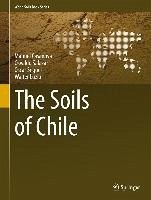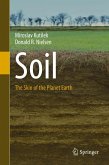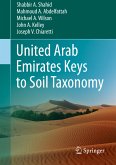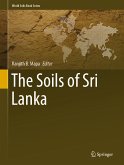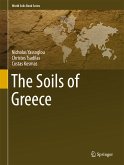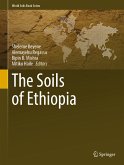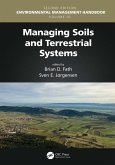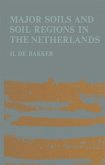This book is intended for students and soil scientists who want to know about the state of the art in soil sciences in Chile. The book merges a comprehensive bibliographical review of the soil surveys carried out throughout the length and breadth of Chilean territory during the past 40 years and more recent information obtained by the authors in a number of field studies. As its starting point the book presents a general overview of important features related to Chilean soils, such as geology and geomorphology, climate, land use and vegetation. In this long and narrow country different soil formation factors and processes have resulted in a broad variety of soil bodies, from the extremely arid Atacama desert to the Patagonian and Antarctic zones. This book provides a description and classification (mainly Soil Taxonomy) of the most important soil types. Particularly important are soils derived from volcanic materials, which cover extensive areas of Chile. The book also deals with soil management topics in relation to the chemical, physical and biological properties of Chilean soils and it includes a number of examples from throughout the country. Finally, the book shows how man has induced severe soil degradation problems in Chile, such as erosive soil degradation, non-erosive soil degradation and land desertification.
Dieser Download kann aus rechtlichen Gründen nur mit Rechnungsadresse in A, B, BG, CY, CZ, D, DK, EW, E, FIN, F, GR, HR, H, IRL, I, LT, L, LR, M, NL, PL, P, R, S, SLO, SK ausgeliefert werden.

